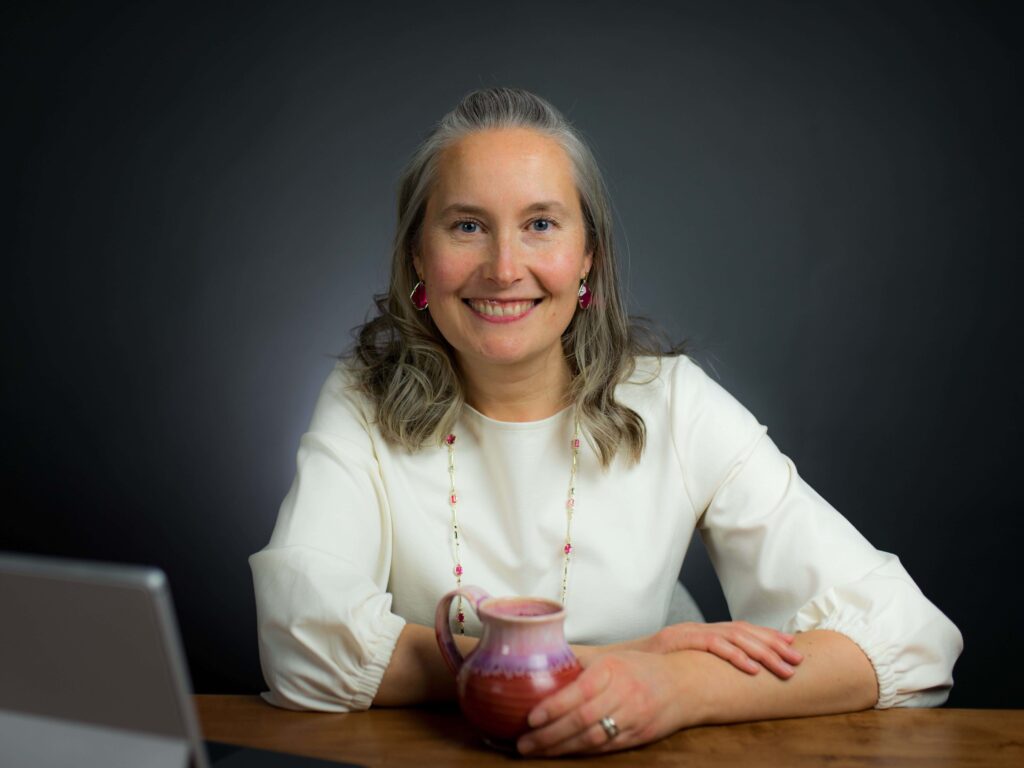Effort & Ease both require commitment and discipline. Over the years, I’ve learned that Ease grants me access to valuable resources – resources that Effort and action simply cannot provide.
Ironically, it can require great Effort to step into Ease.
Why is that?
For me, Effort is comforting. It feels like I’m in control. Ease requires release of this control. And this can feel a bit scary. Edgy. Discomforting when I don’t know the answers. Much easier to keep pushing through with Effort, than to slow down and admit I don’t know something. Doubts arise in the space just before Ease settles in. And it’s this space, this doubt ridden and uncontrollable space, that is wildly uncomfortable. Ease is that gentle but firm force that requires quiet reflection. And with it, the questioning of my actions. This can feel very unsettling, especially if I’ve been running on the autopilot of “Effort” for a long time.
Here’s the good news though about Ease: Ease holds the most opportunity – personally and professionally. It’s largely untapped. This makes sense, given that it’s such an uncomfortable place to play with initially. Yet, if we can find a way to gain comfort in this space, to learn to play with that space a bit more, we can claim tremendous insight and creativity for ourselves.
There’s another key benefit to Ease: it provides access to a source of our power – Choice. Ease, and the quiet it requires, provides us insight into our actions. It’s the source of Mindset. It’s the source of why we choose to act or not act. Ease, along with the quiet reflection and doubt-filled-space we sometimes need to maneuver through to get there, grants us access to the space and place of Choice. When we step into Ease consistently – we start to play in the realm of Mindset and the power that arises from it.
We are living in an age of Extreme Effort. We only need read recent headlines related to elite athletes, to see impacts of Extreme Effort on mental health. Alternatively, we could look at the increases in work hour trendlines in the United States. Our average full time salaried worker works 49 hours a week, which exceeds the International Labour Organization’s (ILO) definition for “excessively long work hours”. ILO research shows that excessively long work hours are linked to all types of negative outcomes including personal health, not to mention negative impacts for organizations such as poor productivity and bad work outcomes. Finally, we can choose to look even closer: we need only see our frantic family life and “too busy to have time for” based communities, to see the lack of connection which seems to be driving all the political, educational and social turmoil directly in our midst. All of us are actively witnessing the
limitations and harmful effects of Extreme Effort, and the severe lack of collective Ease.
It needs to stop.
Our world’s new and emerging leaders, and the executives of tomorrow will not act out of Effort alone. They are watching now and witnessing its failings. Instead, our new leaders will step into Ease within their actions and support their teams in doing so too. They will claim their quiet. They will play and work within both worlds – Effort & Ease – and eventually learn to do so seamlessly.
As each of us begins to put Effort towards creating more Ease for ourselves, we will reap the rewards. We will benefit from the relief of stress. Organizations will benefit from employee wellness, improved retention and the organizational resilience fueled by healthy teams. Individuals, families and communities will benefit from renewed and stronger connections. We will also begin to capitalize on new insights, creativity, innovation, problem solving, and stronger decision making that arises from this place of Ease.
Will there still be Effort?
Always.
We will simply get better at accessing Ease and applying the insights that arise from it.
Cheers to the journey. May it be a good one.
All the best,
Woodrie & The Team


